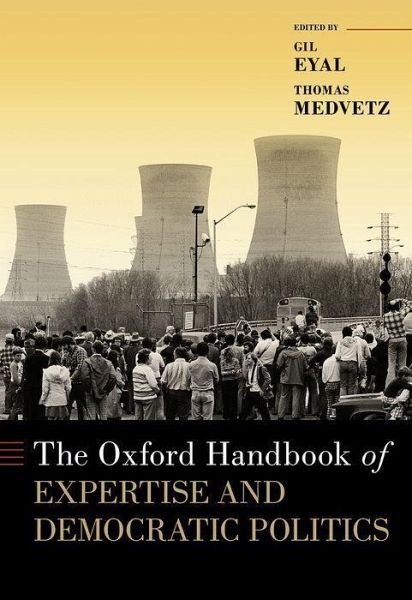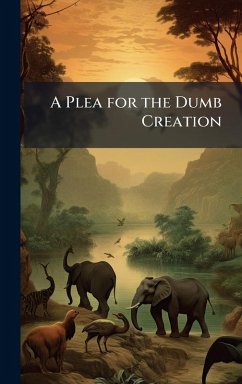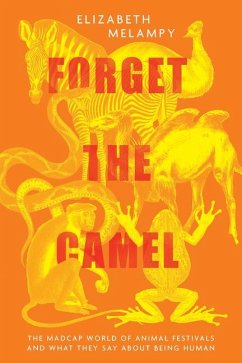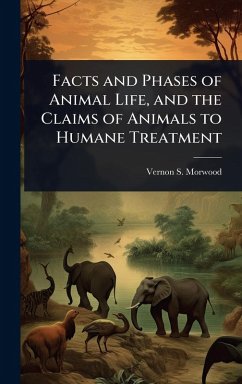
The Oxford Handbook of Expertise and Democratic Politics
Versandkostenfrei!
Versandfertig in über 4 Wochen
171,99 €
inkl. MwSt.
Weitere Ausgaben:

PAYBACK Punkte
86 °P sammeln!
In The Oxford Handbook of Expertise and Democratic Politics, Gil Eyal and Thomas Medvetz have brought together a broad group of scholars who have engaged substantively and theoretically with debates regarding the nature of expertise and the social roles of experts to examines these areas within sociology and allied disciplines. The analyses take an historical and relational approach to the topic and are motivated by the sense that growing mistrust in experts represents a danger to democratic politics today. Bringing together investigations from social scientists, philosophers, and legal schola...
In The Oxford Handbook of Expertise and Democratic Politics, Gil Eyal and Thomas Medvetz have brought together a broad group of scholars who have engaged substantively and theoretically with debates regarding the nature of expertise and the social roles of experts to examines these areas within sociology and allied disciplines. The analyses take an historical and relational approach to the topic and are motivated by the sense that growing mistrust in experts represents a danger to democratic politics today. Bringing together investigations from social scientists, philosophers, and legal scholars into the political dimensions of expertise, this Handbook connects interdisciplinary work done in science and technology studies with the more classic concerns, topics, and concepts of sociologists of professions and intellectuals.












![The Wrongs of the Animal World. to Which Is Subjoined the Speech of Lord [T.] Erskine On the Same Subject Cover The Wrongs of the Animal World. to Which Is Subjoined the Speech of Lord [T.] Erskine On the Same Subject](https://bilder.buecher.de/produkte/74/74721/74721900n.jpg)
